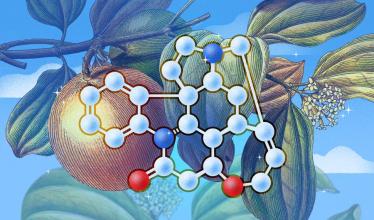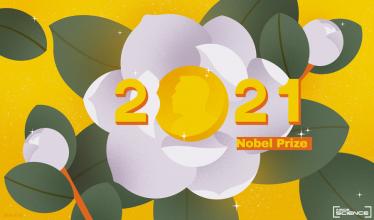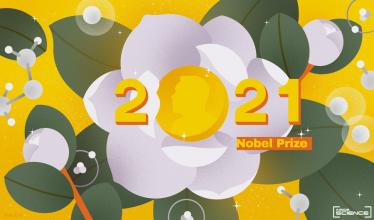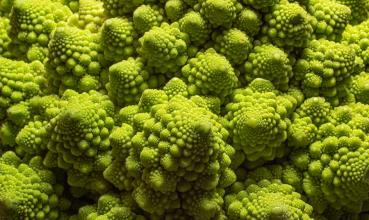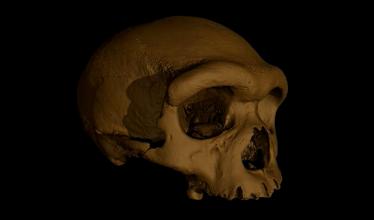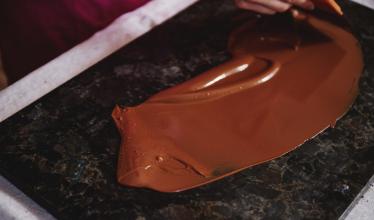Culture
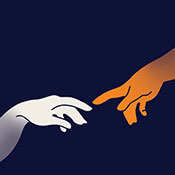 The unexpected science of everyday things
The unexpected science of everyday things
Science is a mirror that reveals sometimes hidden, often unexpected and always astounding insights into everyday things and human life. Here we explore everything you always wanted to know about holidays, food, art, music, books, games, TV, film, education, urban life and crime — as well as human history, archaeology and anthropology.
Strychnine is so difficult to make in a lab that chemists, including Nobel winners, have long competed to synthesize it more efficiently.
Beginning early Monday morning, Inside Science will cover the three most anticipated science prizes of the year.
These significant advancements could win the Nobel Prizes in physiology or medicine, physics and chemistry.
Researchers compare tree rings from an instrument's body to other wood to estimate the instrument's age.
A new study shows how putting candy far from the checkouts makes people buy less of it.
Researchers discover a simpler (and greener) tempering method to give chocolate its texture, gloss and snap.
With a bit of math and a 3D printer, researchers created an instrument that's more forgiving of a certain kind of amateur mistake.
Researchers pinpoint small compounds responsible for coffee's astringency, chalkiness and mouthfeel.
A graphene layer shields an artwork against light, oxygen and moisture, and can be removed using an eraser.
New research uncovers the cellular basis of fractal patterns in Romanesco and cauliflower.
The skull was found in China, and it belonged to a man who lived at the same time as Neanderthals and ancient Homo sapiens.
Inside Science chats with Megan Povey about her research and what she has learned from transitioning genders late in life.

